Sisterly Advice
Alumna and sister write books to help children manage emotions
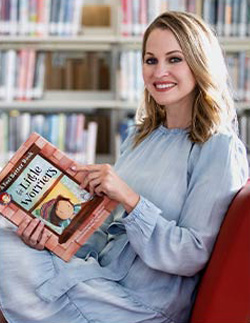
Learning to control difficult emotions and gaining confidence are part of growing up, but how do children learn the coping skills they need to handle big feelings? One way is through books.
Holly Brochmann '01 knows firsthand what it's like to experience intense anxiety, both as a child and into adulthood. "It's something that has stayed with me throughout life," she said.
Brochmann, a writer and public relations professional, has teamed with her sister, licensed professional counselor and play therapist Leah Bowen, to write a series of "Feel Better" children's books for ages 3 to 8 to help them manage the big feelings they may be experiencing.
She recently sat down with Sawdust to discuss her career and the motivation for writing the books.
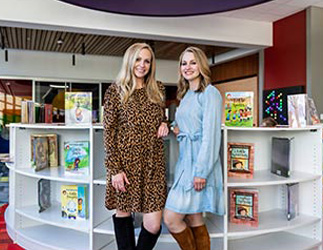
Q: What led you to SFA?
I liked that SFA was close to my hometown of Cushing. Unlike many college students, I wasn't eager to be away from my parents. SFA was comfortable and familiar, especially given that my mom, Carolyn Satterwhite, worked on campus for the Texas Folklore Society and later for the Office of International Programs. I also worked on campus for the physical plant all four years. And, I was awarded several very generous scholarships.
Q: Discuss your career and why you wanted to write mental health books for kids.
I graduated from SFA with a bachelor's degree in journalism with an emphasis in public relations and advertising in August 2001, just before 9/11. I initially wanted to work in Houston where I had just completed an internship, but the job market, along with everything else, went awry after the attacks. I took a position at a Lufkin-based PR and advertising agency where I worked for three years. I then moved to Atlanta, Georgia, to work for the well-known PR agency Hope-Beckham Inc., spending 13 years climbing the ranks from account executive to senior director.
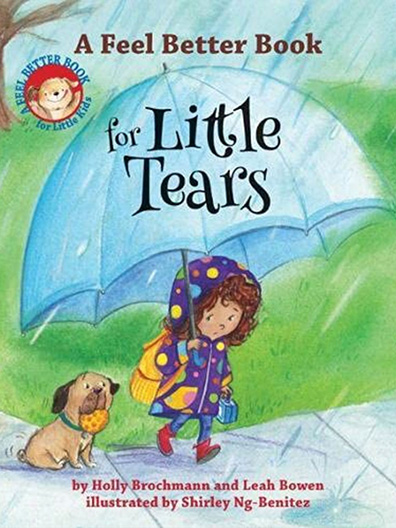
While my job description includes a multitude of responsibilities, writing has always been at the foundation and remains a primary aspect of everything I do. After the birth of my daughter in 2016, I reduced my role to working remotely part time. In late 2017, my family moved back to Texas, and I was able to take my job with me. I just celebrated my 17th year with Hope-Beckham in November.
My venture as a children's book author evolved separately from my career, though my work experience has come in handy throughout the process. Much of the credit is due to my sister and co-author, Leah. She was looking to add some books to her practice that would help her young clients address worry and anxiety. Not loving the options available at that time, she approached me, a lifelong worrier, about the idea of writing a book together.
Mental health is personal for me, as it is for millions of others. Like any skill, learning how to manage your emotions improves with practice, effective strategies and beginning as early in life as possible. If we can equip children with the tools they need to address mental and emotional health issues, like anxiety, sadness and anger at a very young age, they'll be more likely to transition through life already in possession of those critical coping skills.
Q: Why is the American Psychological Association's backing important?
Leah and I were extremely fortunate to land a book deal with the American Psychological Association's Magination Press. We couldn't ask for a more credible, experienced publisher in terms of mental health. It's what they do. Before publishing, each book is reviewed by a board of professionals who vet and analyze the content to ensure its accuracy. They also work with a team of wonderful illustrators and connected us with Shirley Ng-Benitez, who created the artwork for all five of our books.
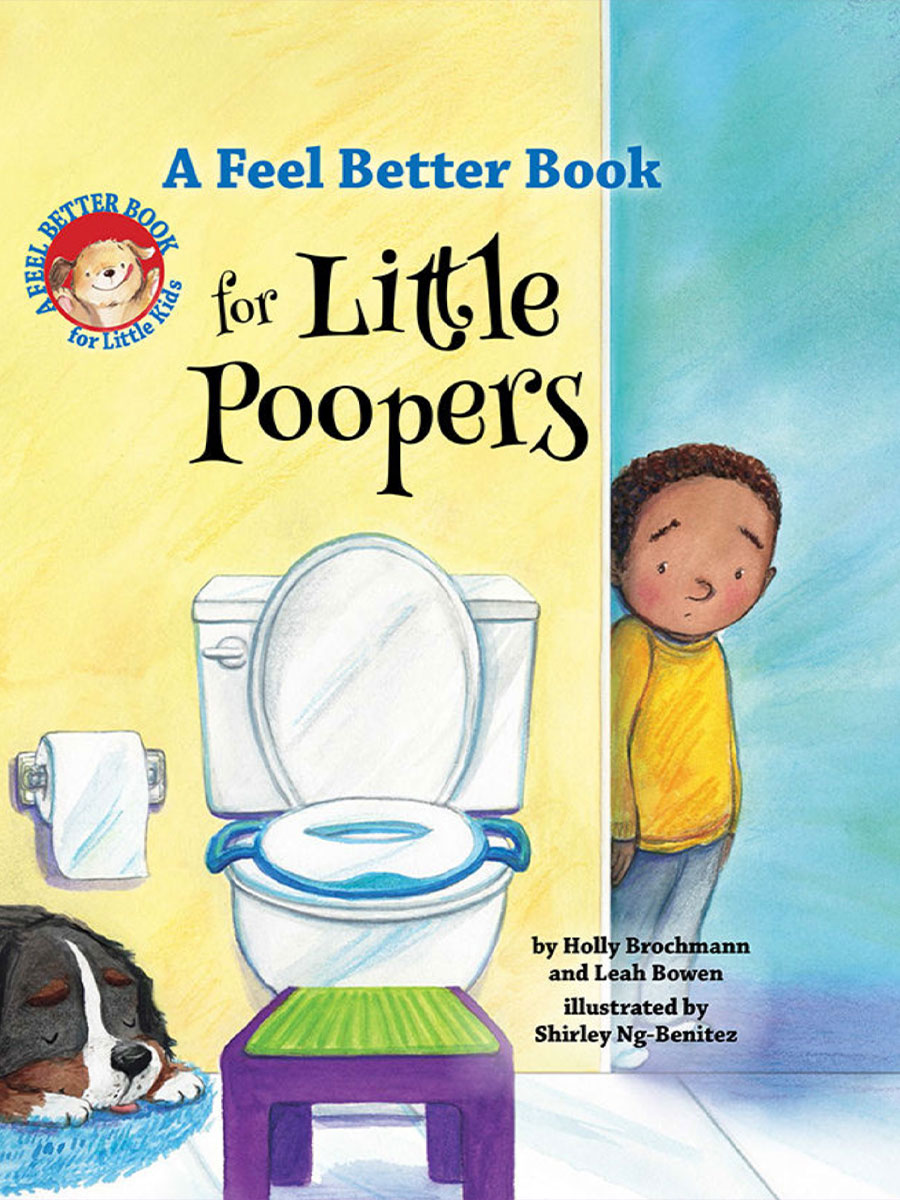
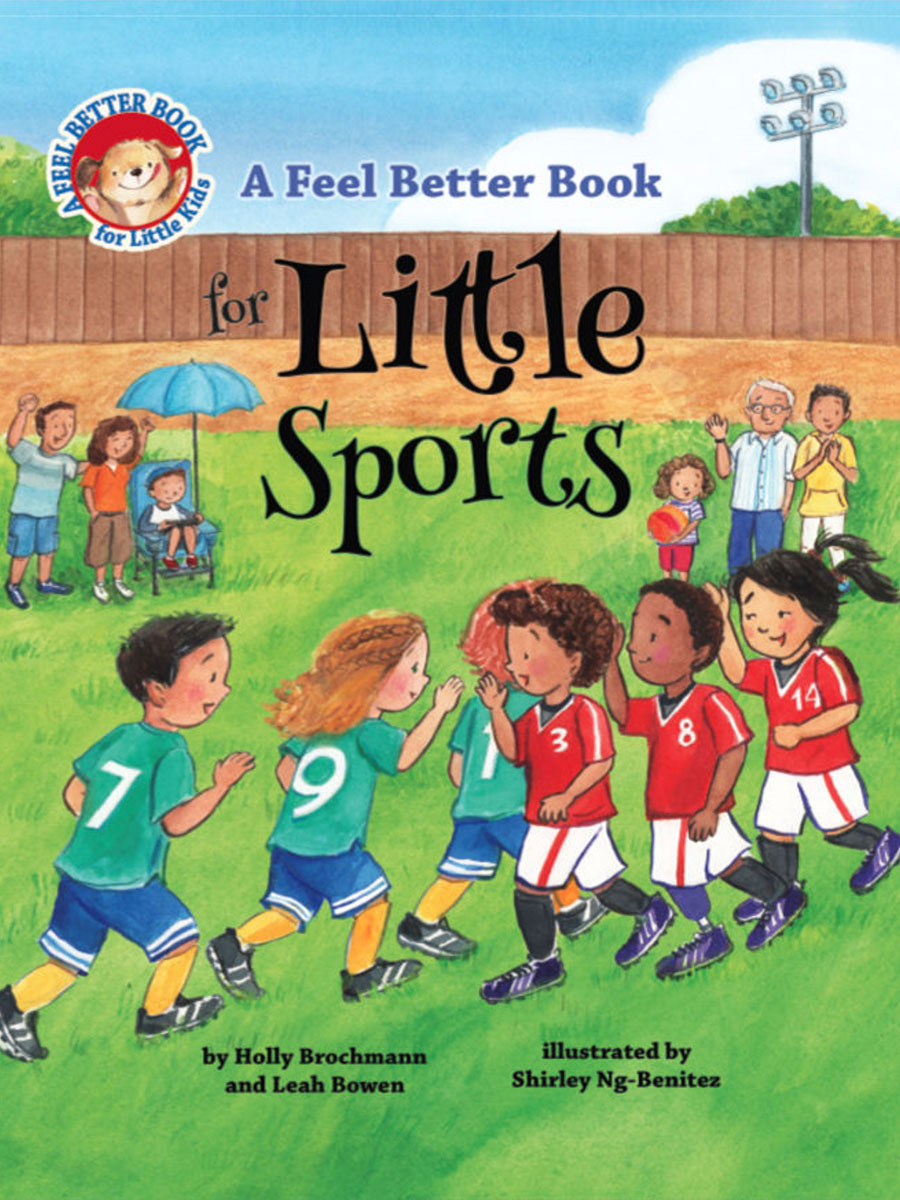
Q: What is your motivation for writing these books?
We believe it's vital for kids to learn mental health coping skills early in life. I experienced very intense anxiety as a child. It wasn't until I was in my 30s before I realized there was something I could do about it. Fortunately, there's significantly more awareness surrounding the importance of mental health than when I was a child, and seeking help for it is no longer considered shameful. Our books are part of a larger movement that is making mental health management a top priority. The "Feel Better" books allow children and their caregivers the ability to learn about and discuss big feelings in a safe and comfortable environment. They can set the foundation for a lifetime journey of caring for emotional well-being.
Q: How do you decide on a book topic?
Our early book topics — worry, sadness and anger — were easy to choose, as they are common emotions. Our later topics were inspired by issues we observed in our own children and their peers.
Q: How do you promote the books?
Before the pandemic, our publisher did a fantastic job of getting us to various events. Sadly, we haven't had an opportunity to travel much during the past two years due to COVID-19, but we do participate in virtual events from time to time.
Among our favorite ways to promote is through our school reading program, which comprises a brief presentation about our books and what it means to be an author. Then, we lead a group discussion about the feelings that correspond with the books we are reading, followed by the reading itself. We end with a fun activity for the kids that reinforces some of the strategies learned in the books.
Q: Are your books published in other countries and languages?
Yes, they are distributed all over the world. Our publisher has partners that translate the books into various languages — so far Simplified Chinese, Romanian and Turkish.
Q: Do you think children in other countries share the same issues as those in the U.S.?
When it comes to emotions, definitely. Feelings are universal — part of what it is to be human. We may all worry about different things, or be sad or angry about different things, but the process for managing it is the same. The biggest difference may not be the emotions themselves, but how they are handled. From my perspective, the more progressive countries are more open about mental health. But even here in the U.S., we still have a long way to go.
Q: Do you think writing with a sibling is easier or harder than writing solo?
It is 100% easier. At least in our case. We have an extremely close relationship and are very similar in our personality and thought processes. We are a collaborative team — when one is too busy elsewhere, the other picks up the slack. When one is unengaged, the other motivates. We share ideas, balance strengths and weaknesses, and are able to provide and accept honest, constructive feedback to and from each other. But more than anything, it is so incredibly meaningful to do something you love with someone you love.
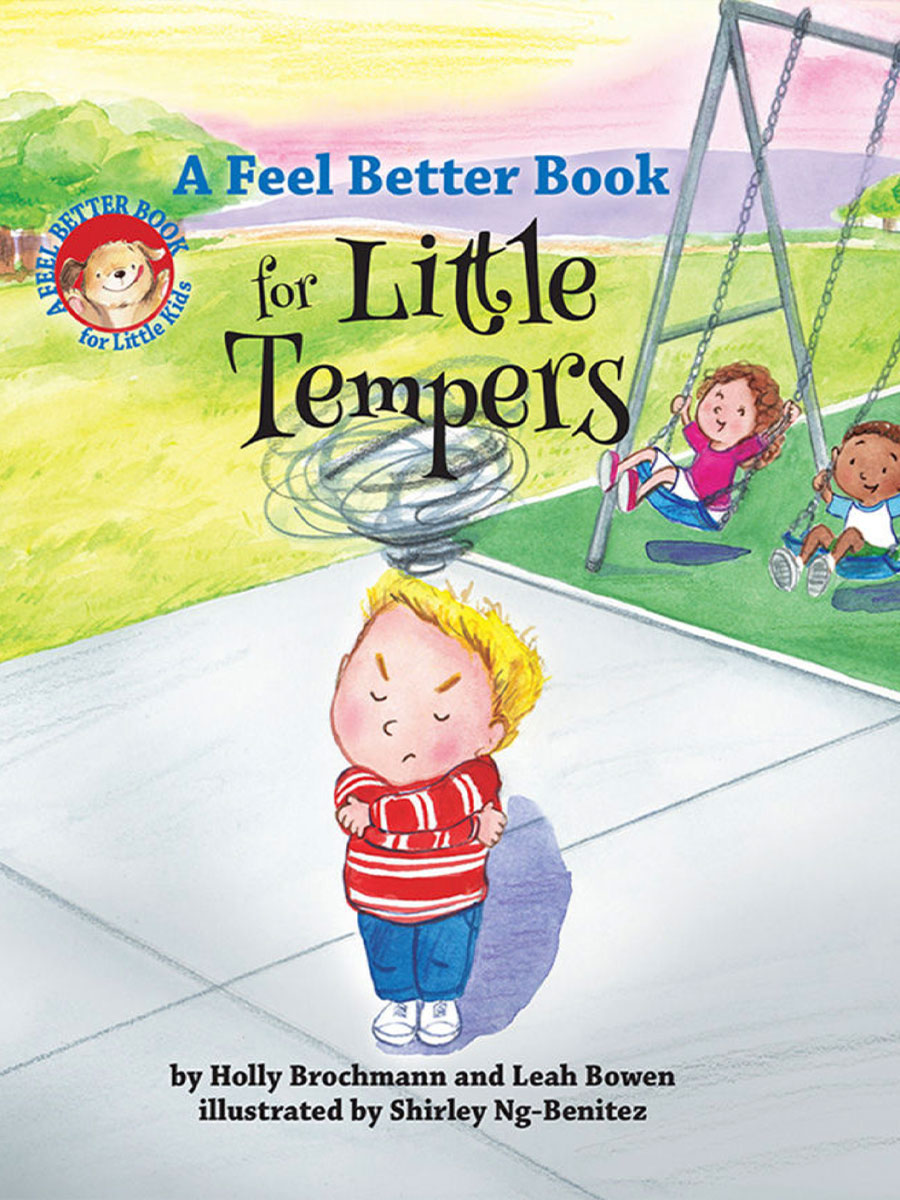
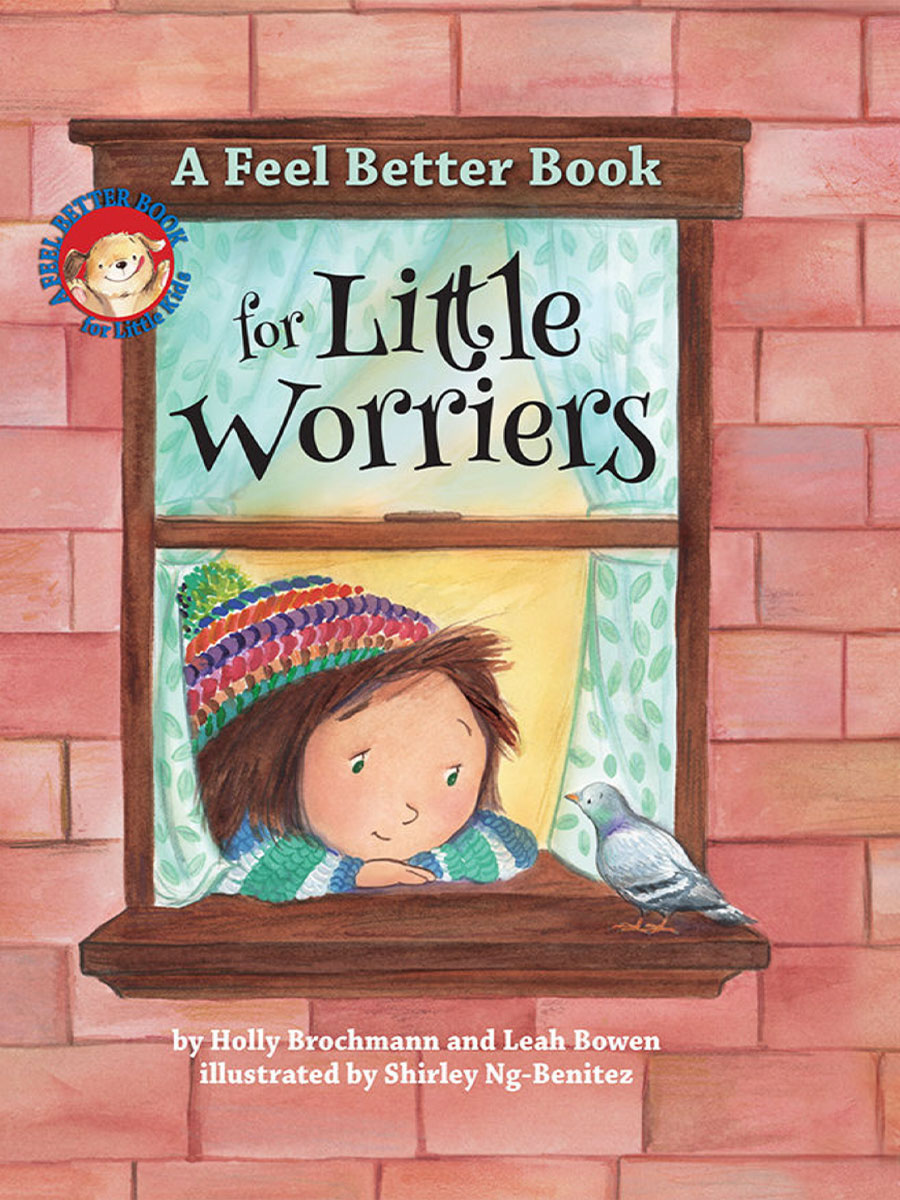
Q: How long does it typically take to write a book?
Well, that depends on life! The first book took the longest, two years from start to finish. But we cranked the fifth book out pretty quickly. Hopefully 2022 will be the year for book number six.
Q: Have you seen more interest in these types of books since COVID-19?
Yes, definitely. COVID-19 brought forth a whole host of emotional instability, for adults and children alike. Social isolation, virtual learning, financial stress, germaphobia, grief, the list goes on and on. Books have been an excellent resource during this time, as they are relatively inexpensive, easy to obtain and can be safely utilized at home.
Q: What is your greatest hope for your books?
It's simple. I hope they help kids lead happier, emotionally healthier lives through the joy of reading.
Q: Where can your books be purchased?
Pretty much everywhere books are sold. We love to remind people to support their local, independent bookstores.
 Axe ’Em, Jacks!
Axe ’Em, Jacks!